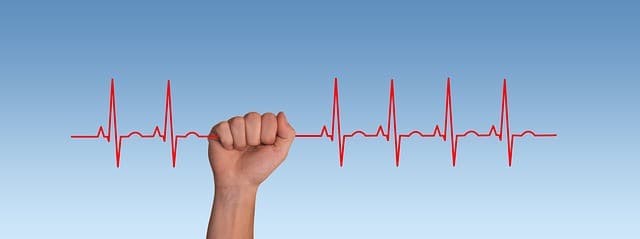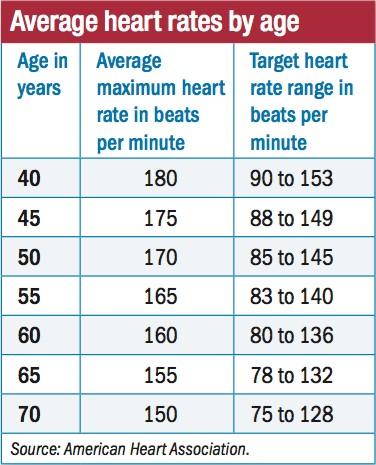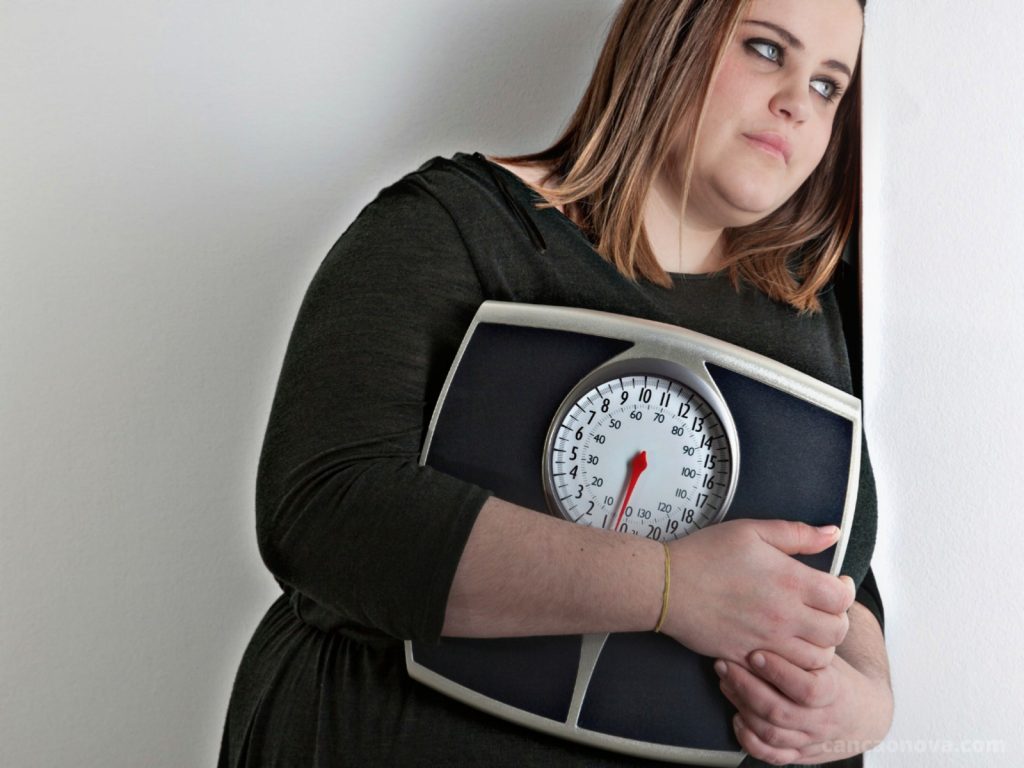
6 best ways to lower your heart rate
The resting heart rate is one of the factors used to identify potential diseases and assess the condition of the heart. Maintaining a steady-state pulse from 60 to 100 beats per minute, you reduce the risk of developing cardiovascular diseases and improve overall well-being. With a healthy load on the heart muscle, it becomes stronger, but an unhealthy load can increase the risk of weakening it.
What does your pulse say about your fitness level and health?. A resting heart rate is one of the factors used to identify potential health problems and assess your heart condition.
Read Also: Heart Rate: What Is It and How To Monitor It?
Ways to lower your resting heart rate
“In some cases, a lower resting heart rate may mean a higher degree of physical fitness. Which associated with fewer heart attacks. However, a high frequency may be a sign of an increased risk of a heart attack in some situations. Since the greater number of strokes that your heart has to do ultimately affects its overall function. ”
Complications associated with high heart rate include low energy, weakness, dizziness, and fainting. A high frequency may be associated with chest pain, shortness of breath, poor circulation, weakness, and cardiovascular events such as heart failure, heart attack, or stroke.
If you feel a sudden increase in heart rate when you are not active, this may indicate that you are dehydrated. You have a fever, stress, or you have drunk too many caffeinated drinks. Your heart rate is useful for determining your overall health and well-being.
As I said earlier, tracking your heart rate doesn’t mean you have to keep your finger on your wrist. Modern fitness trackers make it possible to monitor the pulse at rest during the day. As well as your sleep habits and several other health variables.
What shows the pulse at rest?
During training, the heart rate is an indicator of how stressed the cardiovascular system is and how hard it has to work to meet these needs. Simply put, a resting heart rate measures how many times your heart beats per minute (bpm) while you are still.
While 60-100 beats per minute are the normal range. Cardiologist Dr. Nieka Goldberg of NYU Langone Health considers 60-80 beats per minute the best option. In one 10-year study measuring resting heart rate, researchers found that with 70 beats per minute or less, the risk of death was lower than with 70–85.

The best time to check is the first thing in the morning, as changes in activity level, body position, and fluid intake affect readings. Other factors that can affect your heart rate include genetics, aging, exercise, and medication.
Check your resting heart rate several times a week to monitor trends. You can consider using the six methods listed below to reduce your resting heart rate. Thereby reducing the potential risk of cardiovascular complications.
Optimal cardiovascular health reduces heart rate
Your heart is a muscle, and, like all muscles, when a healthy load is applied to it, it becomes stronger. Exercise is the best way to do this. When you walk, swim, or ride a bicycle, your heart beats faster and this persists for some time after activity.
There are some fun ways to add a workout to your weekly activities, especially if you don’t want to go to the gym. Climbing, dancing, brisk walking in the fresh air, cycling, yoga, and exercise dumping nitric oxide are all effective ways.
If you do not have time to do strength training and cardiovascular work, you can do them at home, using only your body weight.
Reduce stress and anxiety to affect heart rate
Stress and anxiety unhealthy stress the cardiovascular system . Chronic stress associated with a negative effect on the health of your heart. There are several ways to get rid of it. Walking in the fresh air in green areas can be soothing. Sleeping under a heavy blanket can help you relax and fall asleep faster.
Read Also: 10 Foods Against Stress
If you are looking for a way to quickly reduce stress, the Techniques for Emotional Freedom (TES) is the psychological acupressure strategy that I use. They are easy to learn, they help reduce stress and increase your potential to achieve positive goals, thereby improving your heart rate at rest.
Read Also: 10 negative effects of stress on your health
Buteyko breathing helps improve health and improve physical fitness
One of the easiest, cheapest, and most effective natural strategies you can use to enhance your health is breathing well. The Buteyko breathing method was named after a Russian doctor and is a powerful approach to solve health problems, including reducing stress and blood pressure.
The way you breathe affects organ oxygenation, which has a profound effect on your health. When your breathing returns to normal, your body can better oxygenate tissues, including the brain. Improving breathing affects your heart’s ability to work, which in turn improves athletic performance.
What you eat affects physical fitness
There are a few things that you consume that affect your heart health and resting heart rate. A diet high in sugar, carbohydrates, fructose, and fried foods will add stress. Foods rich in omega-3 fatty acids help improve heart function.
Animal and vegetable omega-3 fatty acids are vital to your health
Omega-6 and omega-3 are indispensable and should ideally be consumed in a 1: 1 ratio. Unfortunately, the average ratio is from 20: 1 to 50: 1. Omega-6 is mainly found in oils used in processed foods. Safe animal-derived omega-3 fats can be found in wild-caught Alaskan salmon, sardines, and krill oil.
Dietary fiber
They also play an important role in overall health, as it helps your digestive system work efficiently. It is better to get fiber from fruits and vegetables than from grain and legumes. Fruits and vegetables also contain vitamin C, a powerful antioxidant that helps prevent heart disease.
Read Also: 10 Foods That Are Rich In Vitamin C
The catechins contained in tea have protective properties for the cardiovascular system and help minimize cognitive impairment associated with aging and the development of amyloid plaques in Alzheimer’s disease. In addition to controlling your diet, it is important to drink enough water. When you are dehydrated, the heart needs more effort to stabilize blood flow.
Drink more water

It is especially important to drink enough water during exercise. Losing fluid increases your heart rate. Refuse disposable bottles and use reusable glass, which will allow you to simply and safely drink water outside the house. Limit your intake of stimulants and depressants. Caffeine and nicotine are stimulants that can increase the load on your heart.
Read Also: How Much Water Should You Drink?
On the other hand, alcohol is a depressant that dehydrates the body and increases the load on it for processing and excretion. To reduce your resting heart rate and improve your overall heart condition, discard regular and electronic cigarettes. They contain toxins and chemicals that adversely affect your heart, respiratory system, and other organs.
Although vaping touted as a healthier alternative to traditional cigarettes, more information published. It becomes increasingly apparent that this is not the case.
Eight hours of quality sleep provide more than just relaxation
Sleep was a mystery, and although it was previously considered a waste of time. Research has proven that it is an essential component of a healthy lifestyle. Its deficiency can affect your mood, creativity, and brain detoxification. Which ultimately will increase the risk of chronic diseases and shorten life expectancy.
Read Also: Try these six things to better sleep at night
Lack of sleep slows down the reaction time, increases the risk of accidents, and leads to a deterioration in cognitive function. Depending on your age, you may need 7 to 11 hours of sleep every night. Sleep deprivation can increase your risk of obesity, weaken your immune system, and increase your risk of high blood pressure. That affects your heart rate at rest.

Sleep deprivation can exacerbate mental health problems, and even poor sleep can temporarily increase your resting heart rate [1].
Maintain a healthy weight
Excess weight creates an unhealthy load on the body and heart. Researchers at the University of Pennsylvania found that those who are obese have a higher risk of developing atrial fibrillation, an irregular and rapid heartbeat. This can lead to heart failure, stroke, and other diseases [2].

Dr. Andrew Foy of Pennsylvania State Medical College suggested that weight loss gives patients the ability to cope with atrial fibrillation. Data show that those who are obese have a 40% higher risk of developing the disease [3].
In another 10-year study of 1,729 participants, researchers found that overweight people had a higher risk of developing prediabetes and diabetes. While those who were overweight with a faster heart rate at rest had an even higher risk [4].
Obesity is the cause of many diseases, including those related to the heart. It associated with metabolic and cardiovascular diseases. And, as you know, it helps to expand the ventricles and atria, as well as hardening of the arteries.
Maintaining optimal weight is a common problem that you can also solve using strategies to reduce your heart rate at rest. Factors such as exercise, sleep, fluid intake, decreased stress, and intestinal health contributes to lower heart rates and waistlines. Published By Healthzigzag.com
You May Like Also: Fruits that make you lose weight: 10 fat-burning fruits




